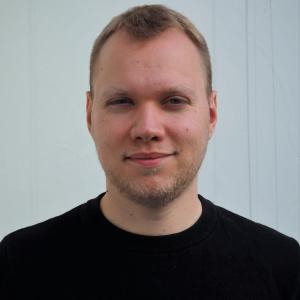PhD project
Project of the Postgraduate Research Group of the Hans Böckler Foundation
Social Consequences of the Transformation of the World of Work in the Second Half of the Twentieth Century
Commercial leasing and the temporary use of employees have grown massively in importance in the Federal Republic "after the boom." Since the legal fixation of temporary employment by the Arbeitnehmerüberlassungsgesetz (1972), this new service model has received considerable interest from trade unions, media and academia. After deregulation in the 1980s and 1990s and the Agenda reforms at the beginning of the 21st century (especially "Hartz I"), temporary work has become a cipher used to lament the erosion of the "normal employment relationship," normative "employment biographies" and social security. Guiding concepts of the recent past, such as "flexibilization" and "precariousness," have become incisive, not least in relation to new forms of work such as temporary employment.
Consequently, temporary work is examined as a prism of post-boom labour transformations. Fundamental to this is the starting hypothesis that the expansion of temporary employment relationships has been accompanied by a transformation of temporality, understood as the cultural construction of time experience. With this in-depth look on the example of temporary work, the project aims to contribute to the history of work and time as well as to the study of Neoliberalism or post-Fordism since the 1970s.
The project focuses on the working and living environments of the actors involved. Temporary workers are thus just as much in the focus as temporary employment agencies, trade unions and companies. How do everyday working life, leisure time, trade union work, conflict situations or identity attributions change when temporary work is added as a new mode of action? How has this development been observed and accompanied by the media and academia?
The PhD project is supervised by Prof. Dr. Frank Bösch (first supervisor) and Priv.-Doz. Dr. Winfried Süß (second supervisor).

